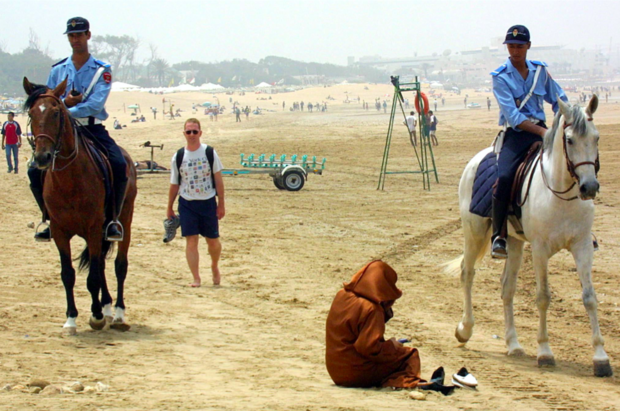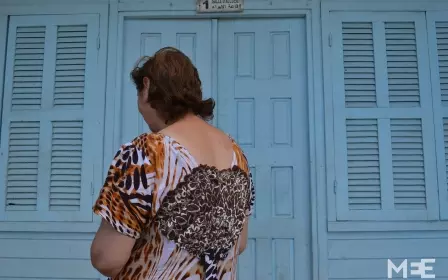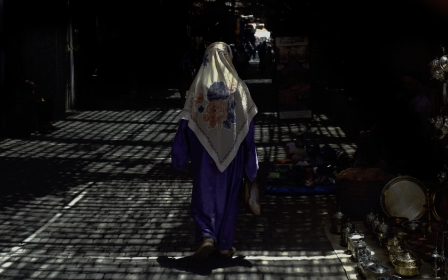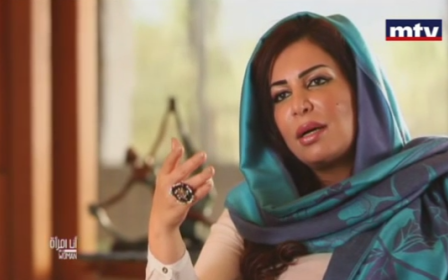Morocco arrests 6 after teen rape victim sets herself on fire, dies

Morocco launched an investigation on Friday into the death of a teenage rape victim who set herself on fire after her alleged rapists threatened to tell all, a rights group said.
The Moroccan Association of Human Rights (AMDH) said an autopsy after the girl's death last week showed that she was pregnant.
In 2015, "eight young men abducted the girl," who was then 16, from her hometown in Ben Guerir, north of Marrakesh, "and then took turns to rape her," said AMDH Marrakesh head Omar Arbib.
The girl's family lodged a complaint and police later arrested seven suspects, who were referred to the prosecutor for questioning, said Arbib. An eighth suspect was arrested later.
According to Arbib, the prosecutor then granted the suspects their provisional release.
Arbib said that after being freed, the suspects threatened the girl, saying they would publish pictures of the rape, which they had taken with their mobile phones, unless she dropped the complaint against them.
"This is the reason why last Friday she set herself on fire," Arbib said.
The girl suffered third degree burns and died the next day in hospital, he said, adding that the autopsy showed that she was pregnant.
Her death prompted the prosecutor to order the arrest of six of the eight suspects, who were detained on Thursday, Arbib said. It was not immediately clear why the other two suspects were not arrested.
Sexual harassment is commonplace in Morocco, as in numerous Arab countries, in spite of the adoption of a new constitution in 2011 that enshrines gender equality and urges the state to promote it.
Moroccan NGOs say that 80 percent of sexual attacks affect children, aged mostly between five and 14, and that in a high percentage of cases the assailants are family members.
In January 2014, Morocco scrapped a highly controversial law that allowed rapists of children to escape punishment if they married their victims.
This made international headlines in March 2012 when Amina Filali, 16, killed herself after being forced to marry the man who had raped her and who remained free.
New MEE newsletter: Jerusalem Dispatch
Sign up to get the latest insights and analysis on Israel-Palestine, alongside Turkey Unpacked and other MEE newsletters
Middle East Eye delivers independent and unrivalled coverage and analysis of the Middle East, North Africa and beyond. To learn more about republishing this content and the associated fees, please fill out this form. More about MEE can be found here.




